Every institution is liable to be abused, and every liberty, if left unbridled, tends to become a license which would lead to disorder and anarchy. - Express Newspaper v/s Union Of India, 1997.
Communication is the procedure, which we use to exchange information through various methods, whereas media is the medium or instrument of storing or communicating this information. ‘Media’, the popular term inter-alia used as ‘Press’, denotes the print & electronic information carriers: the newspapers & magazines, radio, television, and currently, the internet as a New Media.
The globalization and liberalization of the Indian economy in 1991 had a vast impact on all spheres of our lives. But perhaps the most significant impact was felt on the media sector, and also through the media sector. As soon as private players were allowed to enter into the industry, the scenario changed immensely. The exposure through the 24x7 news and entertainment channels has made the citizens of the country more enlightened and confident about the contemporary scenario.
An absolute right, or a right without restriction, is a myth. With rights come responsibilities, which restrict the scope of the rights for the better. It is irresponsible to say and do things, merely because you have the right to say and do them, especially when you completely disregard the harm it causes. The freedom for media gets derived from Article 19(1) (a) which guarantees freedom of speech and expression. Article 19 of our Constitution deals with the right to freedom, and it enumerates some reasonable restrictions on these rights. These provisions are very essential, which lie at the very root of liberty.
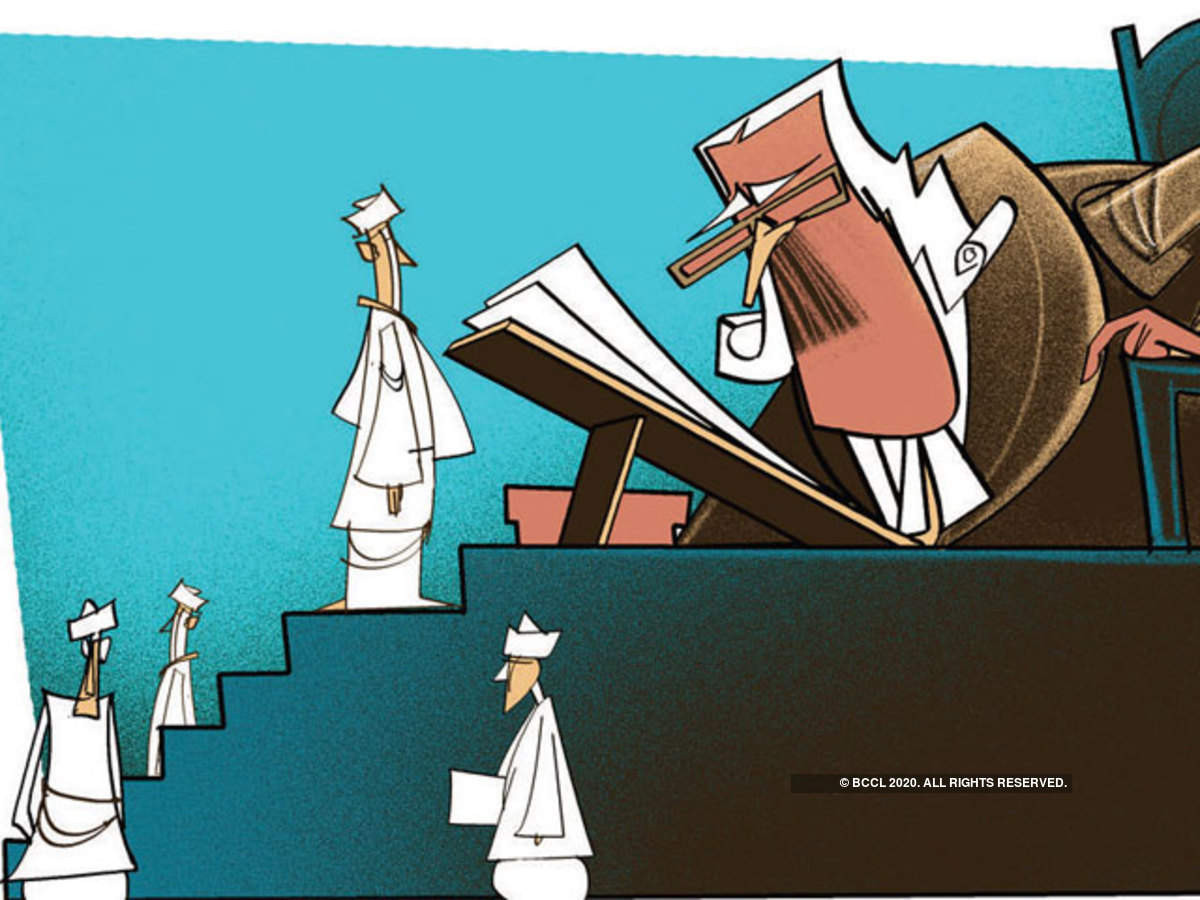 So, when we speak to have some restrictions to be imposed on the media, such restrictions have to be reasonable. It should not be anything that will curtail the power and limit the power of the media by a significant amount. These permissible restrictions imposed through article 19(2) gives preference to the sovereignty and integrity of the nation, the security of the state, friendly relations with the foreign state, public order, decency and morality, contempt of court, and finally, defamation & incitement over the freedom of the press.
So, when we speak to have some restrictions to be imposed on the media, such restrictions have to be reasonable. It should not be anything that will curtail the power and limit the power of the media by a significant amount. These permissible restrictions imposed through article 19(2) gives preference to the sovereignty and integrity of the nation, the security of the state, friendly relations with the foreign state, public order, decency and morality, contempt of court, and finally, defamation & incitement over the freedom of the press.
Despite these constitutional restrictions, there are several general laws and state legislation for the regulation of freedom of speech and expression. For example, the Indian Penal Code, the Criminal Procedure Code, the Press laws of the States, etc. which govern various media. Additionally, organizations such as News Broadcasting Association, Press Council of India, etc. also exist to contribute to regulating the freedom of speech and expression of the media.
In the list of statutory restrictions comes the Contempt of Court:
If we look at the prejudicial publication of the media in the light of laws relating to contempt of court, first of all, Article 19(2) provides the contempt of court as a reasonable restriction against the right to freedom of speech and expression. Then, Articles 129 and 215 of the Indian Constitution empower the Supreme Court and High Court respectively to punish people for their respective contempt. And finally, Contempt of Court Act, 1971, provides for civil and criminal contempt.
According to section 3 of the said Act, if a person publishes any matter without any reasonable ground to believe that the proceeding was pending and if the matter published is interfering with or obstructing the “course of justice” or tends to interfere or obstruct it, the person would not be liable for contempt of court. Further, this section provides that if the civil or criminal proceeding is not pending during any such publication, then it will not amount to contempt of court. So, there is immunity provided to media under the Contempt of Court Act, 1971 as pre-trial publications are sheltered against contempt proceedings.
Before the introduction of the 1971 Act, that is in 1961, a special committee was set up under the chairmanship of Late H. N. Sanyal, who was the additional solicitor general at that time. The committee was known as the Sanyal Committee. The committee conducted a detailed study of the contempt of court law and recommended that in case of criminal matters, the date of “arrest” should be regarded as the beginning of “pendency” of a “criminal proceeding”.
Certain overlooked aspects like publications in the media at the pre-trial stage can affect the rights of the accused of a fair trial. Such publications may relate to previous convictions of the accused, or about his general character or his alleged confessions to the police.
Law Commission’s 200th Report:
The most reckoning research on the positive and negative aspects of media trial has been elaborated in 200th report of the 17th Law Commission titled Trial by Media: Free Speech vs. Fair Trial Under Criminal Procedure (Amendments to the Contempt of Court Act, 1971) that has made recommendations to address the damaging effect of sensationalized news reports on the administration of justice.
The Commission has recommended prohibiting publication of anything prejudicial towards the accused - a restriction that shall operate from the time of the arrest. It also recommends that the High Court must be empowered to direct postponement of publication or telecast in criminal cases.
Media self-regulation in India:
The general postulation was that if the press came under government control, it would intervene or interfere with media independence and autonomy. To avoid this, self-regulation was considered to be the most desirable alternative for India. In India, a statutory body - the Press Council of India (PCI), governs the conduct of the print media.
However, it does not have any legal powers vested in it, and therefore, it proved unsuccessful in developing a system of journalistic rules. The government does not need to comply with its recommendations. Neither is it a representative of the views of the media nor does it have any legal power to take any penalizing or remedial action against publishers providing wrong news. Thus, it exists as a merely superficial body in the present day.
The news channels are also governed by the mechanisms of self-regulation. The News Broadcasters Association have devised codes of ethics to regulate television content. The News Broadcasting Standard Authority is empowered to warn, admonish, censure, express disapproval, and fine upon the broadcasters for the violation of this code.
Media ethics:
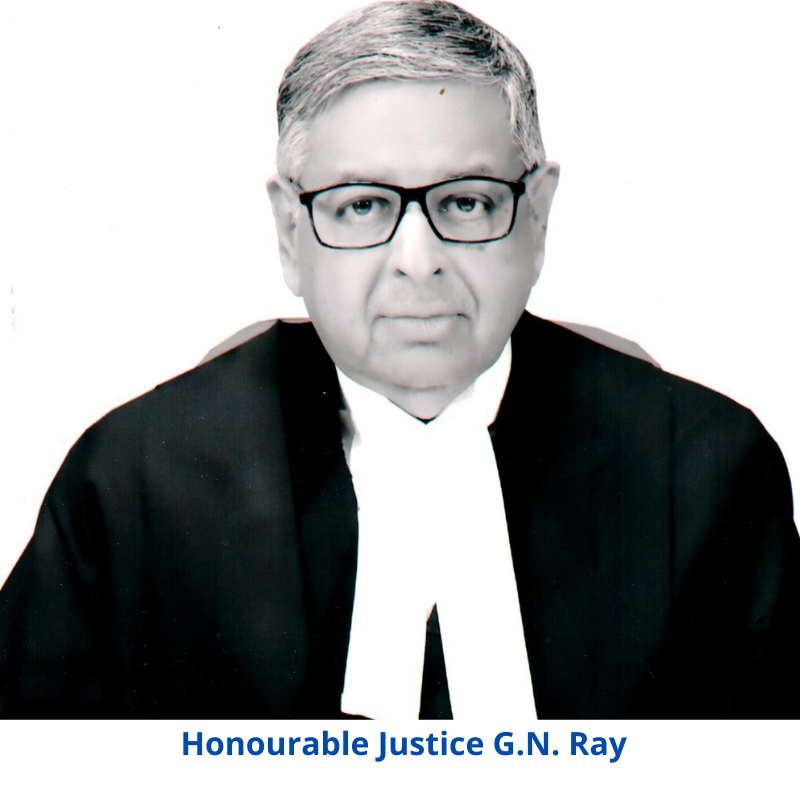 As a matter of fact, trials by media are seen as a violation of the international code of journalistic ethics. This has been reiterated by law experts time and again. Even our Honourable Justice G.N. Ray, who was the Chairman of the Press Council of India in 2010, had said that the media all over the world has voluntarily accepted the following code of ethics:
As a matter of fact, trials by media are seen as a violation of the international code of journalistic ethics. This has been reiterated by law experts time and again. Even our Honourable Justice G.N. Ray, who was the Chairman of the Press Council of India in 2010, had said that the media all over the world has voluntarily accepted the following code of ethics:
i. duty to seek the views of the subject of any critical reportage in advance of publication;
ii. duty to correct factual errors;
iii. duty not to falsify pictures or to use them misleadingly;
iv. duty to provide an opportunity to reply to critical opinions as well as to critical factual reportage;
v. appearance as well as the reality of objectivity;
vi. some codes prohibit members of the press from receiving gifts.
vii. respect for privacy;
viii. duty to distinguish between facts and opinion;
ix. duty not to discriminate or to inflame hatred on such grounds as race, nationality, religion, or gender;
x. duty not to use dishonest means to obtain information;
xi. duty not to prejudge the guilt of an accused and to publish the dismissal of charges against or acquittal of anyone about whom the paper previously had reported that charges had been filed or that a trial had commenced.
The last code thus clearly implicates that it is not ethical to prejudge the guilt or innocence of a victim or alleged criminal before the court of law announces the verdict. This connotes that the concept of media trial is an unethical practice and hence be abstained from. It is undisputed that journalists should carry out fair reporting, which means recording and publishing facts and information to the public.
But dissemination of fair and accurate information is not the only duty or responsibility of journalists. They should also make the public think. As the fourth pillar of democracy, they are to bring in waves of thoughts and ideas. Therefore, media professionals need to be careful and give utmost attention and sincerity before turning a pending legal investigation into a media trial. However, we ought to keep in mind that justice delayed is justice denied.
There is a huge list of laws defining the regulatory measures for the media in one or the other way. But when we look at the negative impact of media trials, it raises a question as to whether it is time to impose stricter regulations on them. Of course, this has to be based on the principle of severability to keep the good work of the media alive.
-Adv. Prachi Patil
pprachipatil19@gmail.com
(The writer is a practising lawyer at the Pune District Court and the Family Court, Shivajinagar)
Previous articles published in this series:
Part 1: A Pendulum Swing: From the freedom of the press to its control
Part 2: Media Trial - Antithesis of Freedom of Speech and Expression
Part 3: The Dichotomy of Free press vs. Fair trial
Tags: legal media media trial adv prachi patil court media ethics press press freedom press council of india media regulation Load More Tags

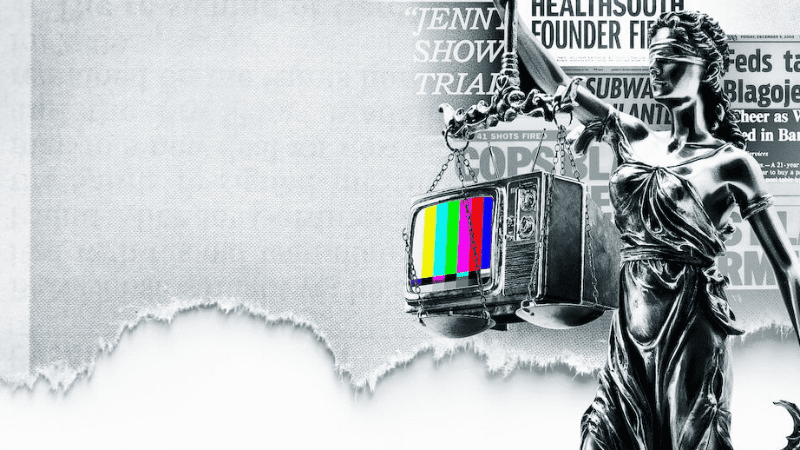
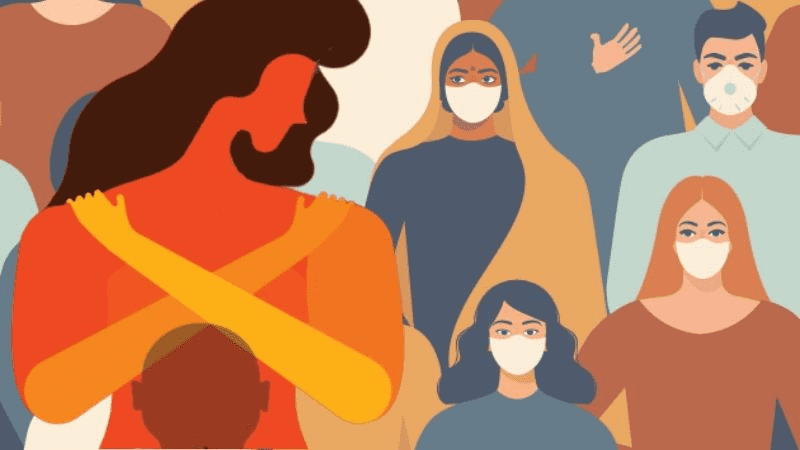
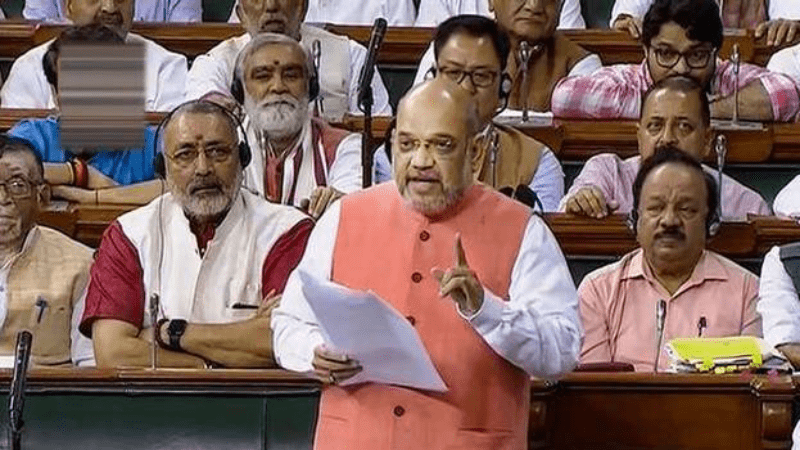
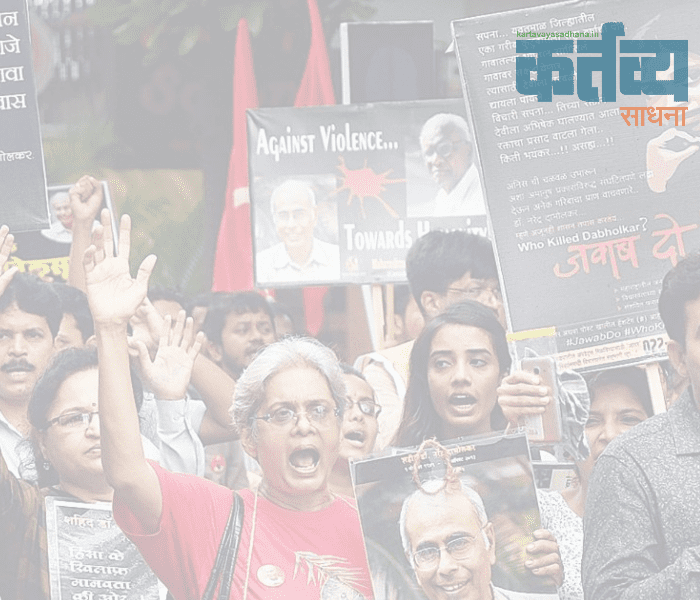
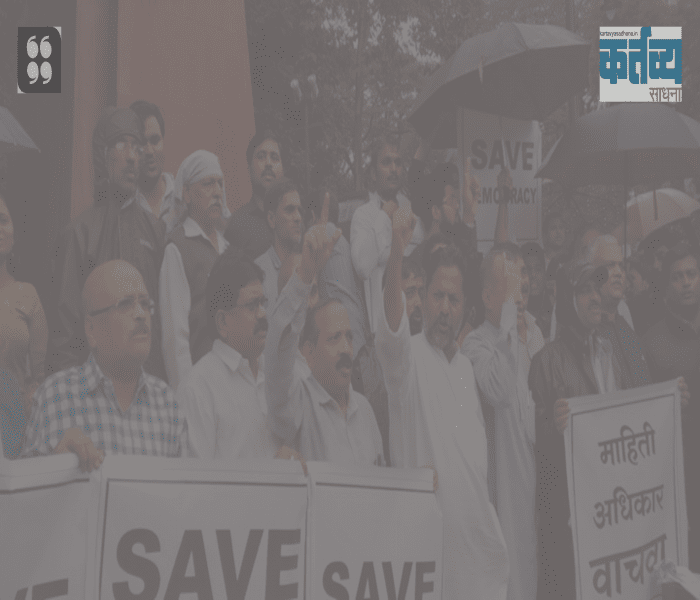
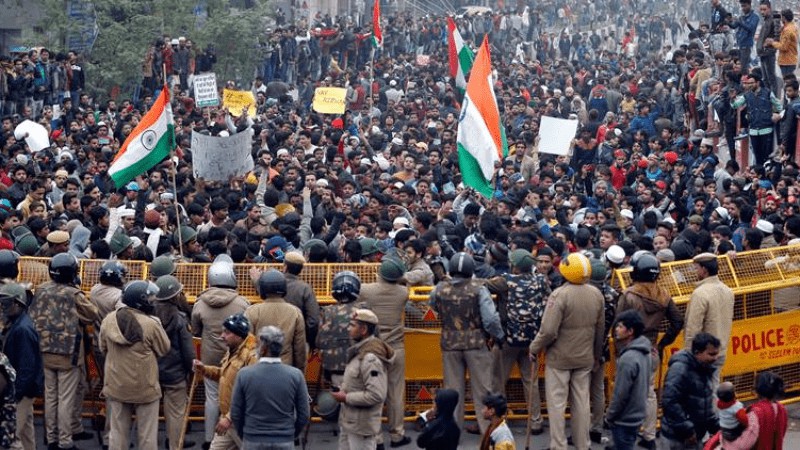
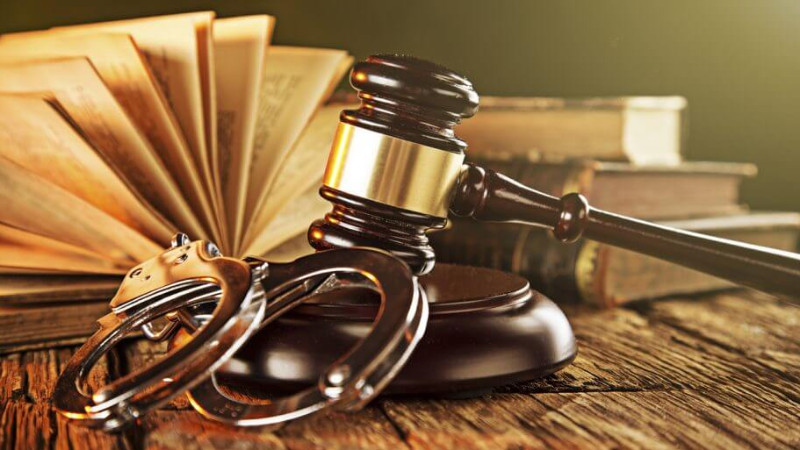
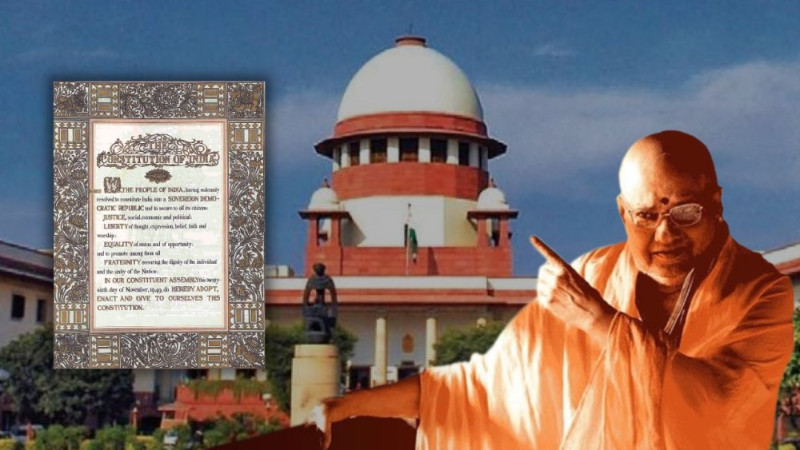
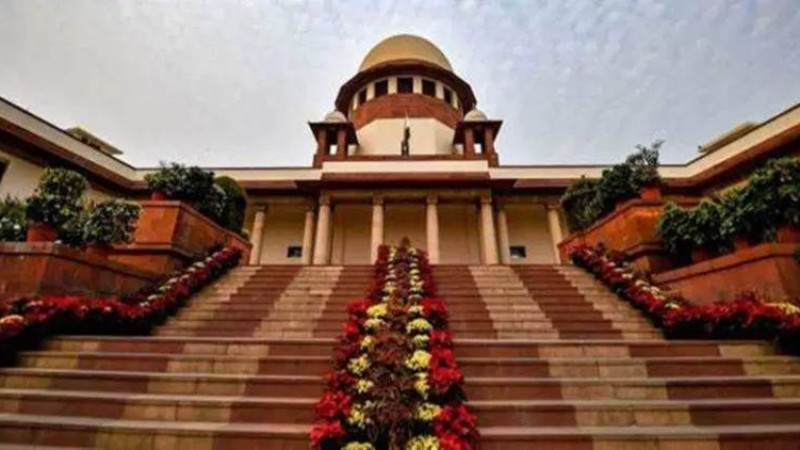
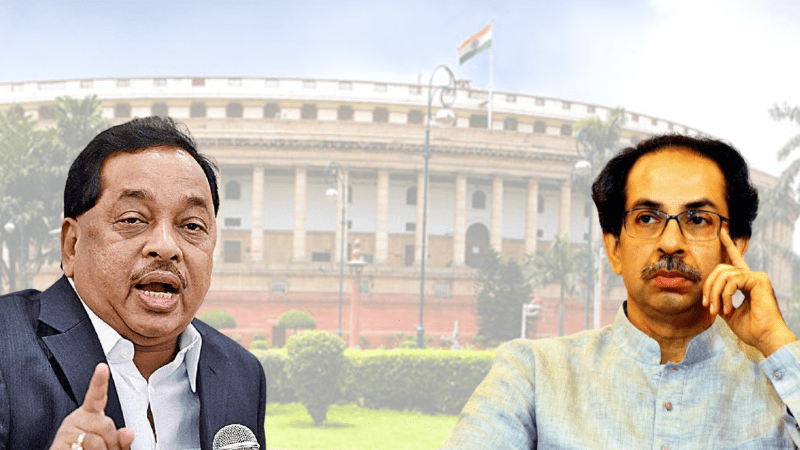
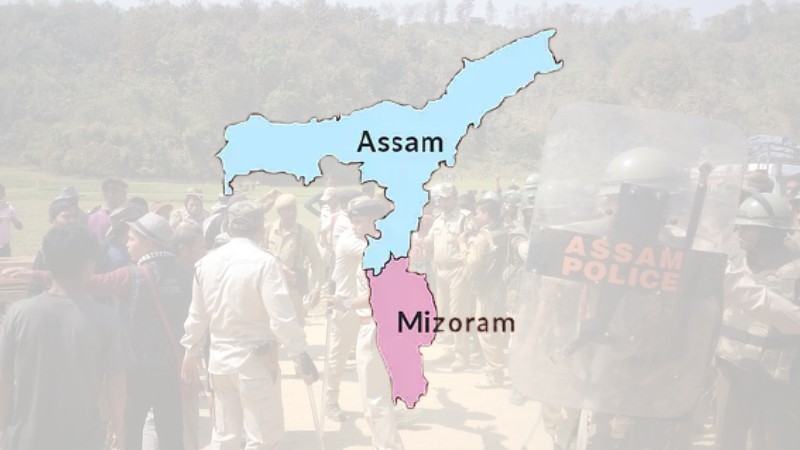
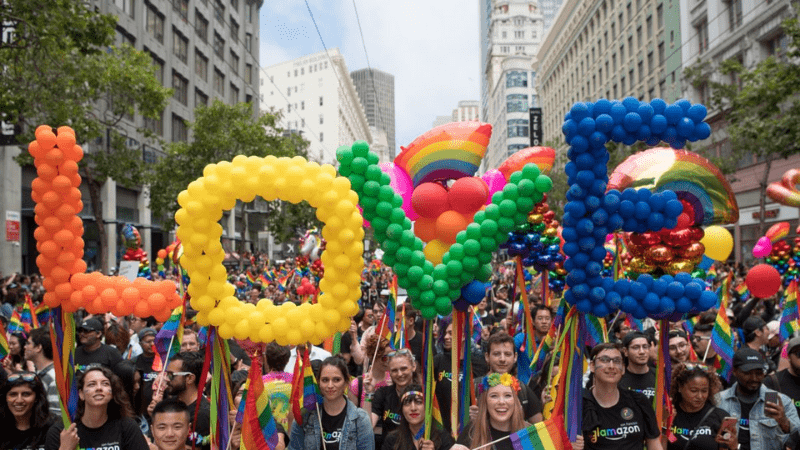
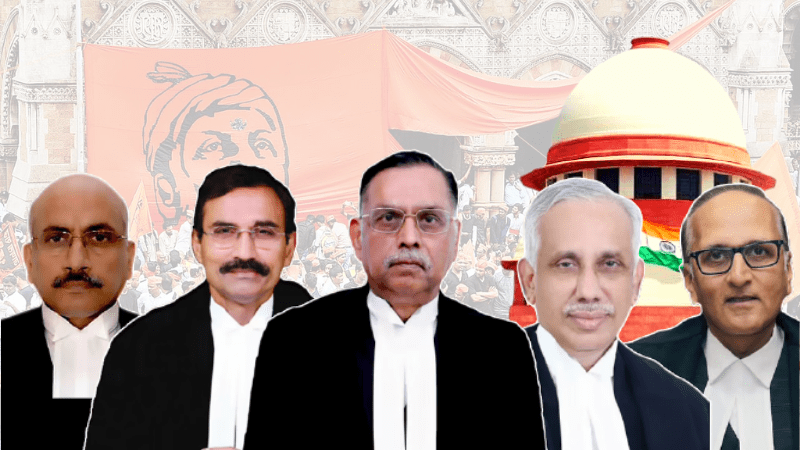
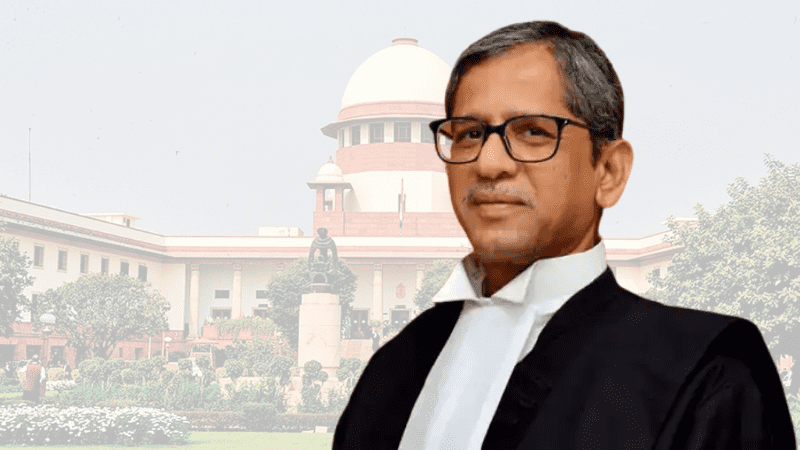
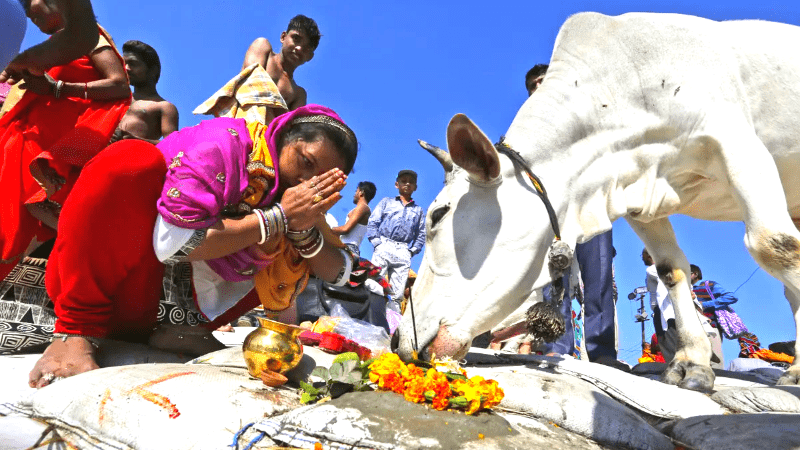
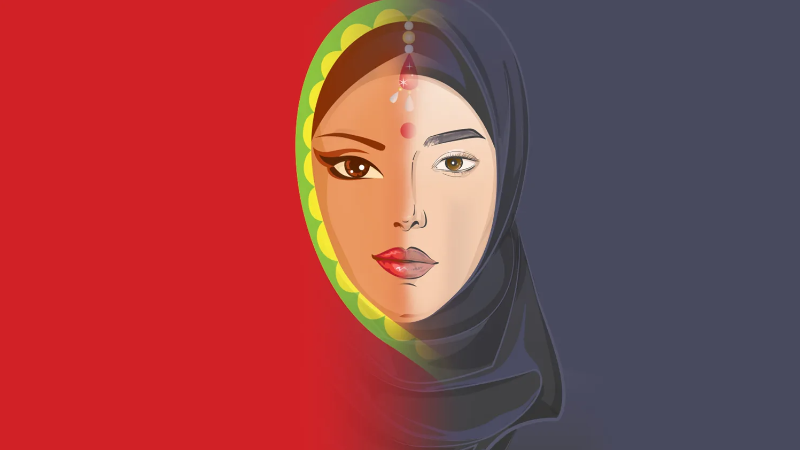
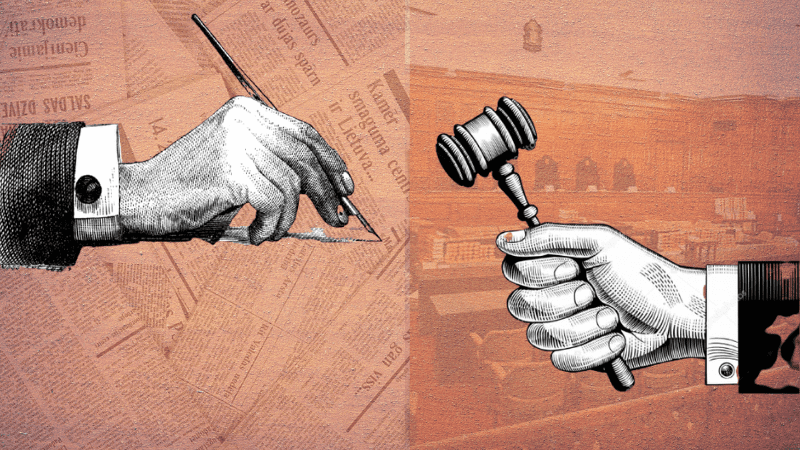
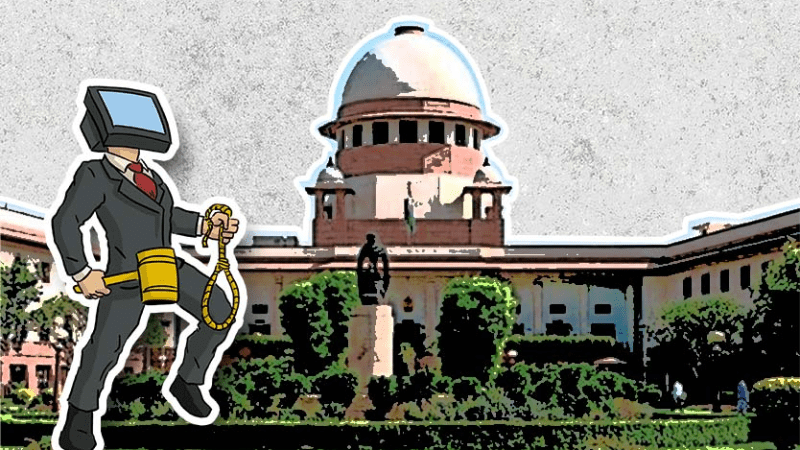
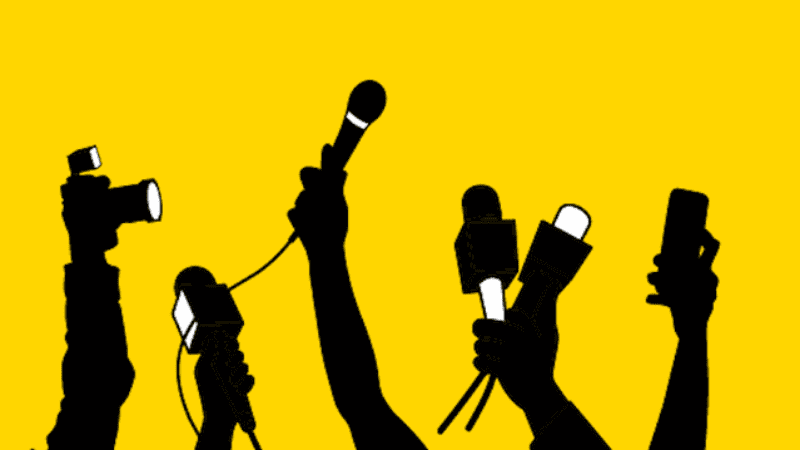
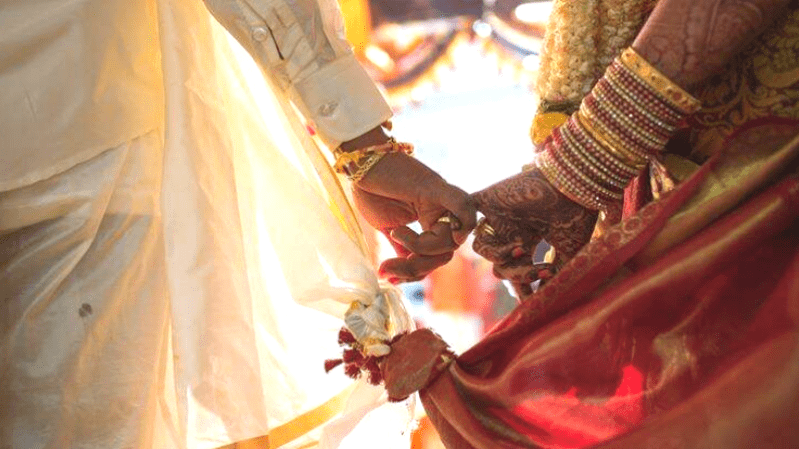
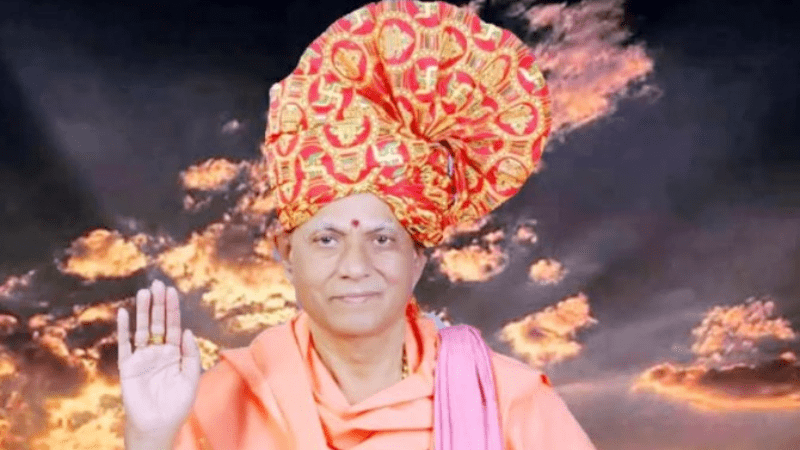
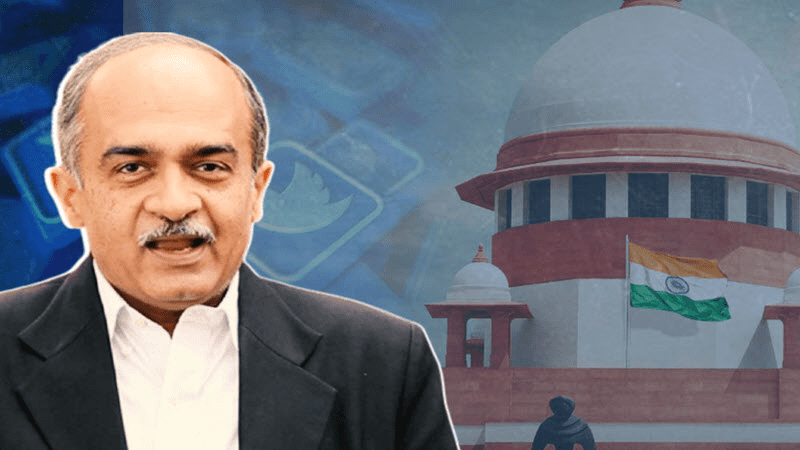
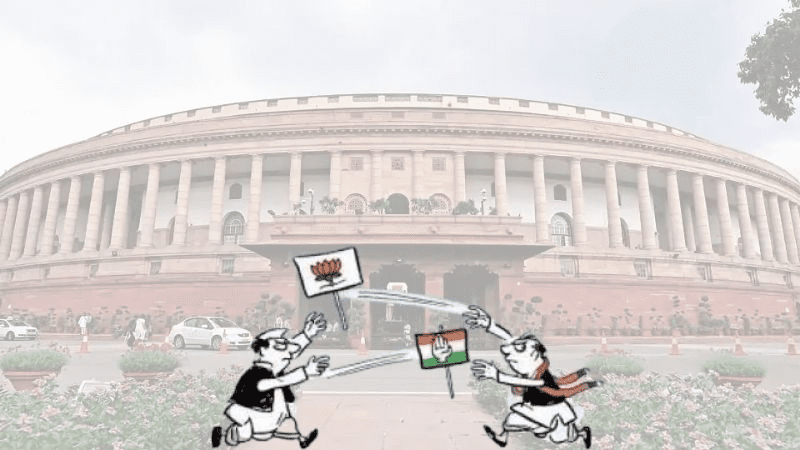
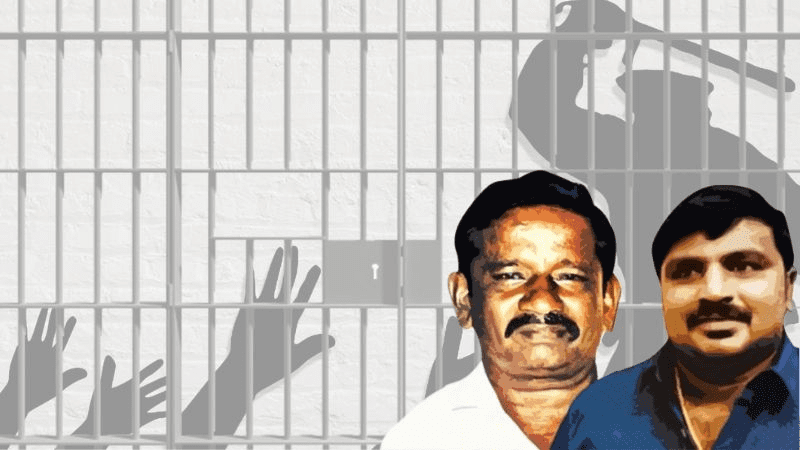
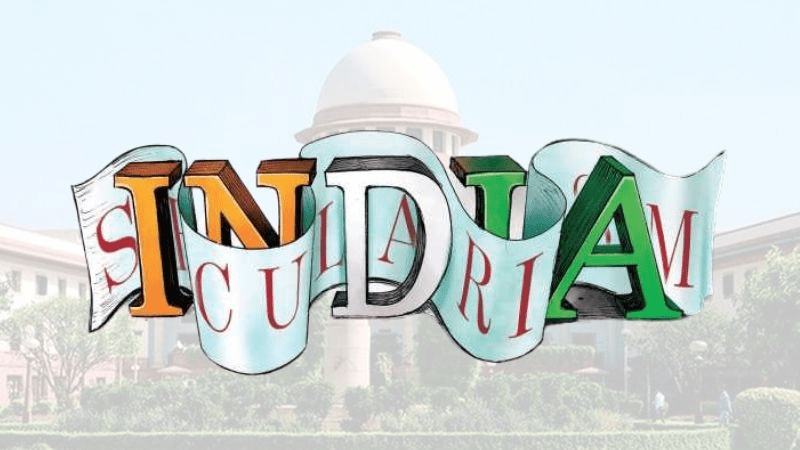
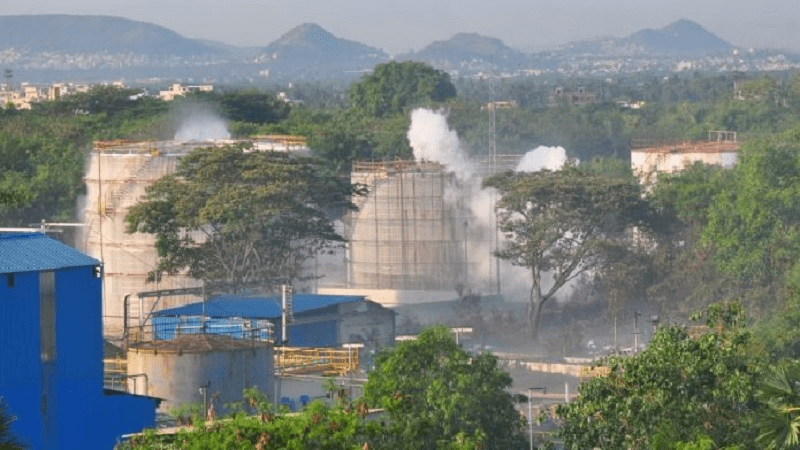
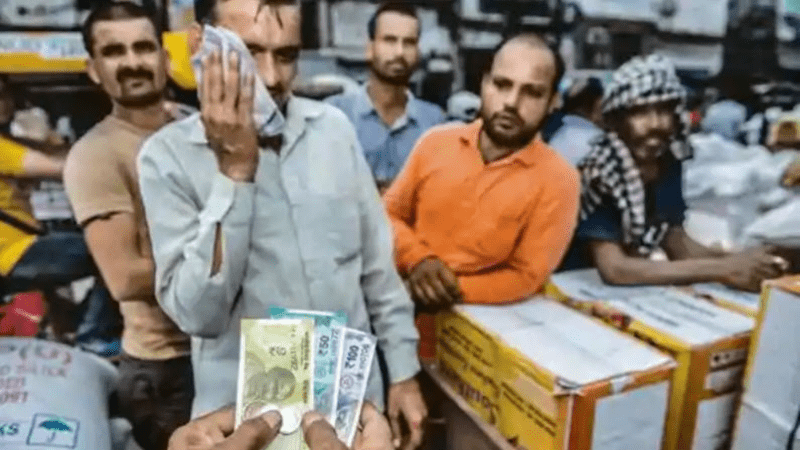
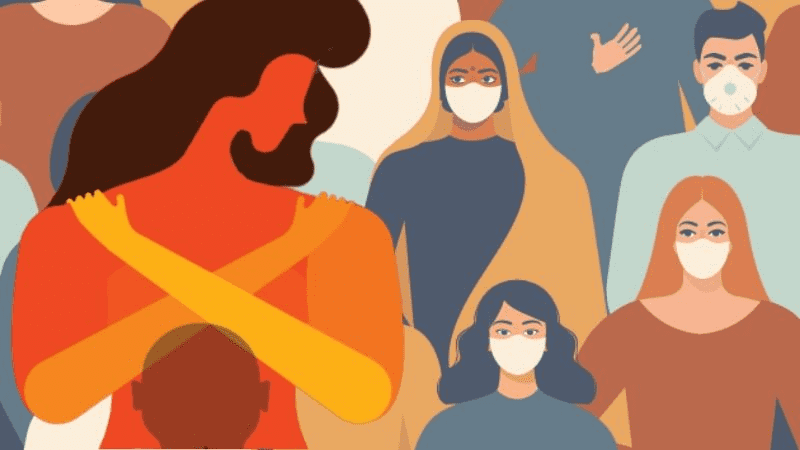
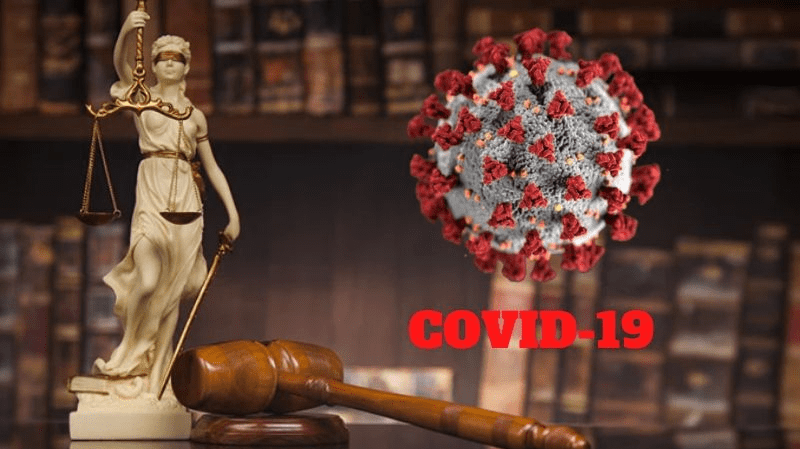

























Add Comment